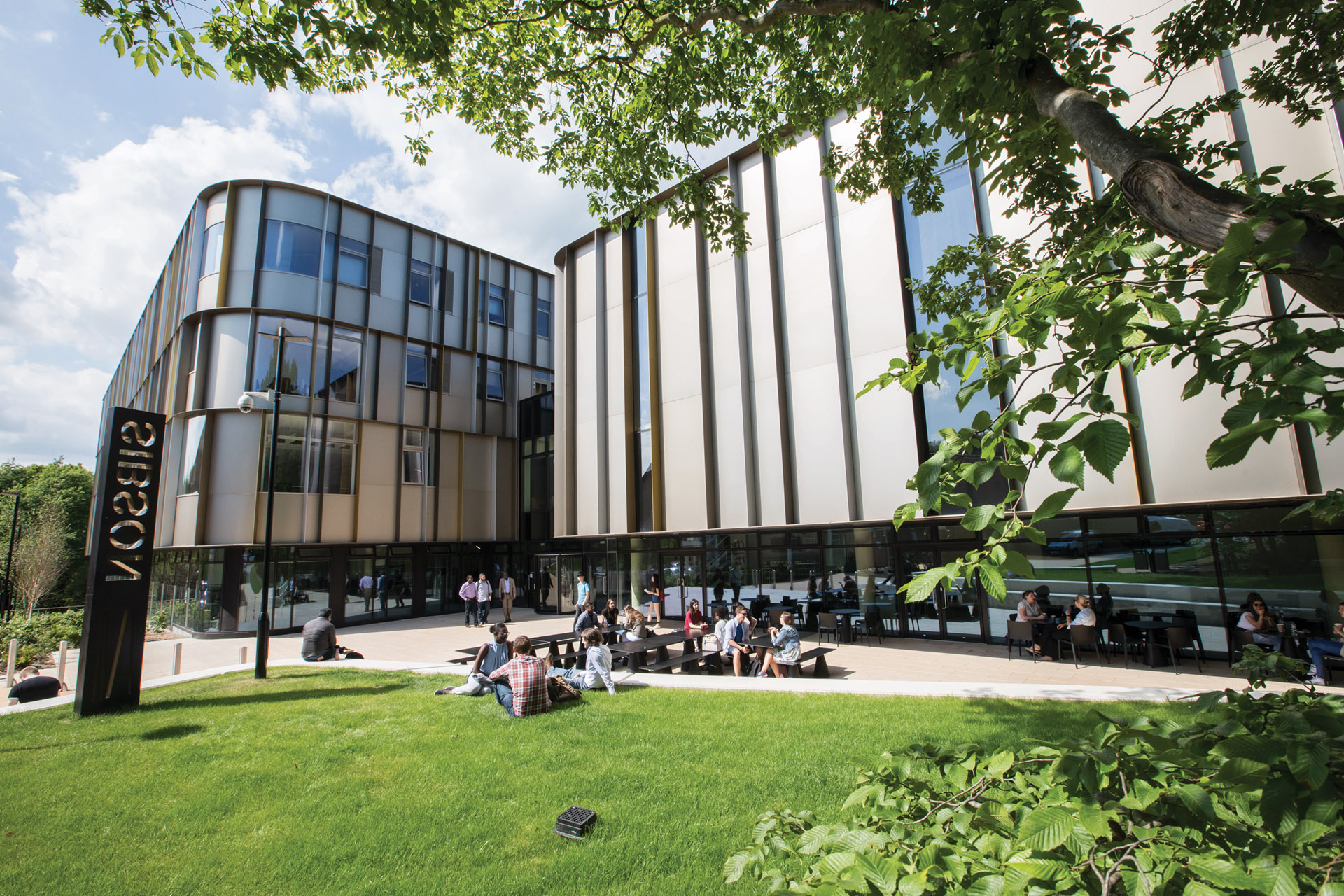Google Scholar, DBLP, and more.

![]()
SecureComm 2021 is still accepting submissions!






Discover Full Program
6000+ citations (avg. 8,23 citations per paper)
Top performing SecureComm paper is currently at 357 citations and counting!



Participate online and join the conference
from wherever you are!
Get the same full publication and indexing, enjoy EAI’s fair evaluation and recognition, present your paper to a global audience, and experience virtual meetings live as well as
on-demand from the safety and comfort of your home.
Although we will miss having everyone meet and connect in person, we feel strongly that knowledge exchange must continue, if not more so. That is why we have equipped our online conferences with live viewing with chat, virtual Q&A, and a multitude of other measures to provide you with a great experience.
Find out what EAI conference live streams look like and discover unique benefits
that online participation brings you - learn more.
Find out more about EAI Index
Registration is now open, don’t wait till last minute!Take a look back at the previous edition of SecureComm here.SecureComm 2021 supports revolutionary EAI Community Review, find out more here.Every author receives EAI Index credits – regardless of acceptance. Learn more about EAI’s Recognition Program here.Get real feedback on your presentation from other registrants via EAI Compass.
Let the EAI Community help you build your career with collaborative research, objective evaluation, and fair recognition:
All registered papers will be submitted for publishing by Springer and made available through SpringerLink Digital Library.
Proceedings will be submitted for inclusion in leading indexing services, such as Web of Science, Compendex, Scopus, DBLP, EU Digital Library, Google Scholar, IO-Port, MathSciNet, Inspec, and Zentralblatt MATH.
Authors of selected papers will be invited to submit an extended version to:
All accepted authors are eligible to submit an extended version in a fast track of:
Additional publication opportunities:
SecureComm 2021 is calling for high-quality research contributions in ALL areas of secure communications and networking, including those addressing interdisciplinary challenges in different application domains. Topics in less related areas will be considered only if a clear connection to secure communication/networking is demonstrated in the title or the abstract.
SecureComm authors have enjoyed over:
– 480.000 paper downloads
– 6000+ citations (avg. 8,73 citations per paper)
Top performing SecureComm paper is currently at 357 citations and counting!
This event is organized by EAI.
EAI – European Alliance for Innovation is a non-profit organization and a professional community established in cooperation with the European Commission to empower the global research and innovation, and to promote cooperation between European and International ICT communities.
EAI’s vision is to foster excellence in research and innovation on the principles of transparency, objectivity, equality, and openness. Our guiding principle is community cooperation to create better research, provide fair recognition of excellence and transform best ideas into commercial value proposition.
EAI‘s mission is to create an environment that rewards excellence transparently, and builds recognition objectively regardless of age, economic status or country of origin, where no membership fees or closed door committees stand in the way of your research career.
Through these shared values, EAI leads the way toward advancing the world of research and innovation, empowering individuals and institutions for the good of society to fully benefit from the digital revolution.
These deadlines follow AoE Time Zone
Late Track
Full Paper Submission deadline
4 May 2021
Notification deadline
29 June 2021
Camera-Ready deadline
19 July 2021
Video submission deadline
26 July 2021
Start of Conference
6 September
End of Conference
9 September
Main Track
Full Paper Submission deadline
31 March 2021
Notification deadline
24 May 2021
Camera-Ready deadline
28 June 2021
Video submission deadline
19 July 2021 (extended!)
Start of Conference
6 September
End of Conference
9 September
2020 – Virtual conference
2019 – Orlando, United States
2018 – Singapore, Singapore
2017 – Niagara Falls, Canada
2016 – Guangzhou, People’s Republic of China
2015 – Dallas, United States
2014 – Beijing, People’s Republic of China
2013 – Sydney, Australia
2012 – Padua, Italy
2011 – London, Great Britain
2010 – Singapore, Singapore
2009 – Athens, Greece
2008 – Istanbul, Turkey
2007 – Nice, France
2006 – Baltimore, Maryland, United States
2005 – Athens, Greece

